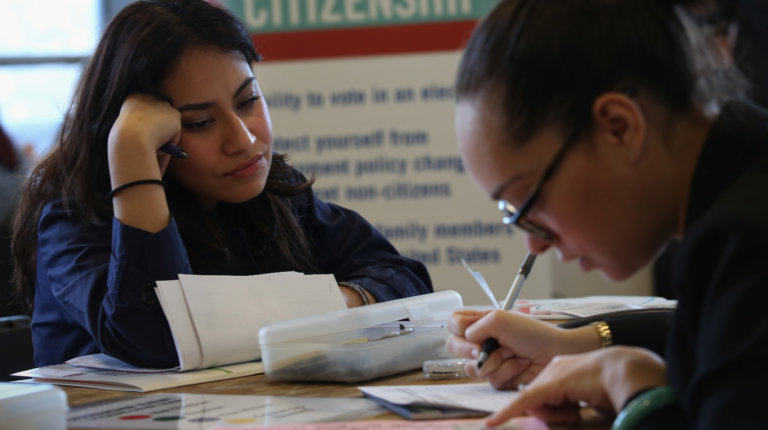
Grades and resumes play a big role to admissions officers when shortlisting candidates, but what plays an even bigger role is what others think of your expertise, experience and character. This is where your recommendation letter comes in. Almost every graduate school application requires at least two recommendation letters from individuals who are familiar with your abilities, competencies and character. As most unis require at least two of these, it is best to prepare ahead and have a few extras on hand. You should only send the number of letters requested and not more as many admissions committees do not have time to read extra materials.
The process of getting a recommendation letter — in other words, asking others to praise us — can feel overwhelming and nerve-wrecking. It need not be this way — the right preparation is all you need. Here are some crucial recommendation letter tips you need to know in order to nail your grad school application:
Who should you ask to write your recommendation letter?
Recommendation letters should come from individuals who are familiar with your background, know enough about your achievements as a student and researcher to highlight your most outstanding competencies, and hold a prominent position either in a school or organisation. At least one letter should be submitted from a past or current professor or academic advisor. Another could be from someone in a slightly different role, possibly an employer, a research advisor, a superior at work, or a professor from a different department or class. Regardless of who you decide to entrust, the writer should know you well enough to recognise your accomplishments. It also helps if the recommender understands some details about the programme you aspire to enroll in.

The best kinds of recommendation letters tell a convincing story about why you’re the perfect candidate for a programme. Source: Olivier Morin/AFP
What should be mentioned in the recommendation letter?
Your recommendation letter should highlight that you are a candidate with a range of skills, your academic abilities, research experiences, and other experiences in and out of class. To achieve this, the recommender should answer these questions:
- What is your relationship with the student?
- Why should the graduate faculty listen to your opinion? (include your status, title)
- What makes this student special? (discuss their characteristics, qualities, traits)
- What specifically did this student do to impress you? (discuss their accomplishments, habits in class)
- What makes this student qualified for graduate school and for this programme? (include specific courses or interests of the student in addition to abilities and traits)
- What do you know about the programme the student is applying to?
What materials should you provide to the recommender?
The recommender should be given a sufficient amount of time to write and make final amendments to the letter. If it has been a while since you were last in contact, sending background information their way will make things easier. Be sure to include details such as classes you’ve taken, experiences you’ve shared, your transcripts, resume or CV, research experience and internships, awards and achievements, your academic/career goals and any relevant professional experience.
What have been listed are materials required for the letter’s content. Once there is a letter, it would need to be sent on time and persuade the reader. Providing the application due date, recommendation templates and submission instructions helps your recommender send the letter before the deadline. Offering as many details about the programme you’re applying for ensures your recommender knows what information should be highlighted and who he or she is writing for.
What level of writing is expected?
The letter of recommendation is more informal than academic writing, but your writer should make sure that the language used has no grammatical errors, and that the flair reflects the author’s educational level and qualifications. Let your recommender know how you would like your letter of recommendation to sound and be sure to include these pointers:
- Language should be more personal in tone as opposed to research writing
- Use active voice and first-person point of view more often
- Write chronologically, starting from important traits and then moving onto actions and achievements
- Add a lot of details including the student’s past courses and achievements
Be sure to edit
Once your recommendation letter is drafted, there will always be room for revision and improvement. A way to ensure that grammar mistakes is to give it to a professional writer or editor to proofread.










